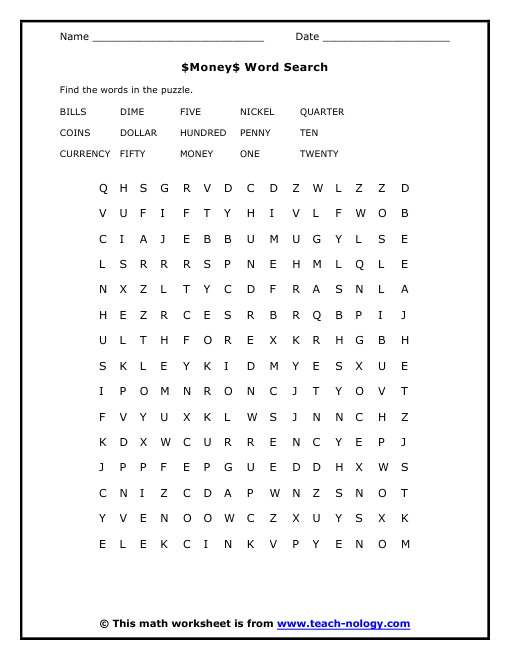

#POST OFFCIE EXCHANGE RATES FULL#
Read our political editor Beth Rigby's full analysis here: In our interview on Tuesday, Sir Keir all but admitted it. Progress for sure, but on these results, Labour is on course to be the largest party in 2024 but short of an outright majority. Seat gains were shared with the Lib Dems, who stormed the night, picking up hundreds of seats from the Tories and pulling back Sir Keir's gains (real success meant seat gains of 700 or more, Labour came out at circa 550 gains). Labour barely grew its vote share on comparable local elections, while Sir Keir is well behind where Tony Blair was in the 1995 local elections that preceded his 1997 landslide. Labour are quick to point to the gains in the battlegrounds - Medway, Swindon, Dover - and the dire performance of the Conservatives.īut ask any independent expert, including our own election guru Professor Michael Thrasher, and they will tell you that Labour's spin is not quite borne out by reality. Sir Keir Starmer has been adamant all weekend that Labour is on course for an outright majority on the back of last week's local elections. "You can give a voice to patients no longer safe in an NHS that is falling apart due to government underfunding." "You can force the government back to the negotiating table and to make an improved pay offer. By voting, you can help make the challenges facing our profession impossible to ignore. She added: "Now I'm asking you to use your voice again. "But it's their failure to invest in nursing that has made our wards unsafe." "The government has tried to turn people against us by saying strikes are unsafe. RCN members then staged a further strike at the end of April, but it was cut short after ministers took the union to court, successfully claiming that the legal mandate for industrial action expired in the middle of that strike period.Īt the NHS staff council last week, the majority of NHS unions voted to accept the pay deal, but the RCN and Unite voted against it following rejections from their members.īoth unions vowed to continue industrial action, and in an email to RCN members today, general secretary Pat Cullen wrote: "Every day, patients are at risk due to chronic staffing shortages. Nurses rejected the government's offer of a lump sum payment and an average of a 5% pay rise in a ballot that closed last month. RCN members across the country have staged a number of strikes in recent months to put pressure on the government for a pay rise in the face of the rapidly rising cost of living. In order to continue taking strike action, 50% of all eligible members must vote, with a majority voting "yes". The Royal College of Nursing (RCN) has confirmed that the ballot will open on Tuesday 23 May and close on Friday 23 June. Nurses will begin voting later this month on whether to take further strike action after they rejected the government's pay deal earlier this month.


 0 kommentar(er)
0 kommentar(er)
